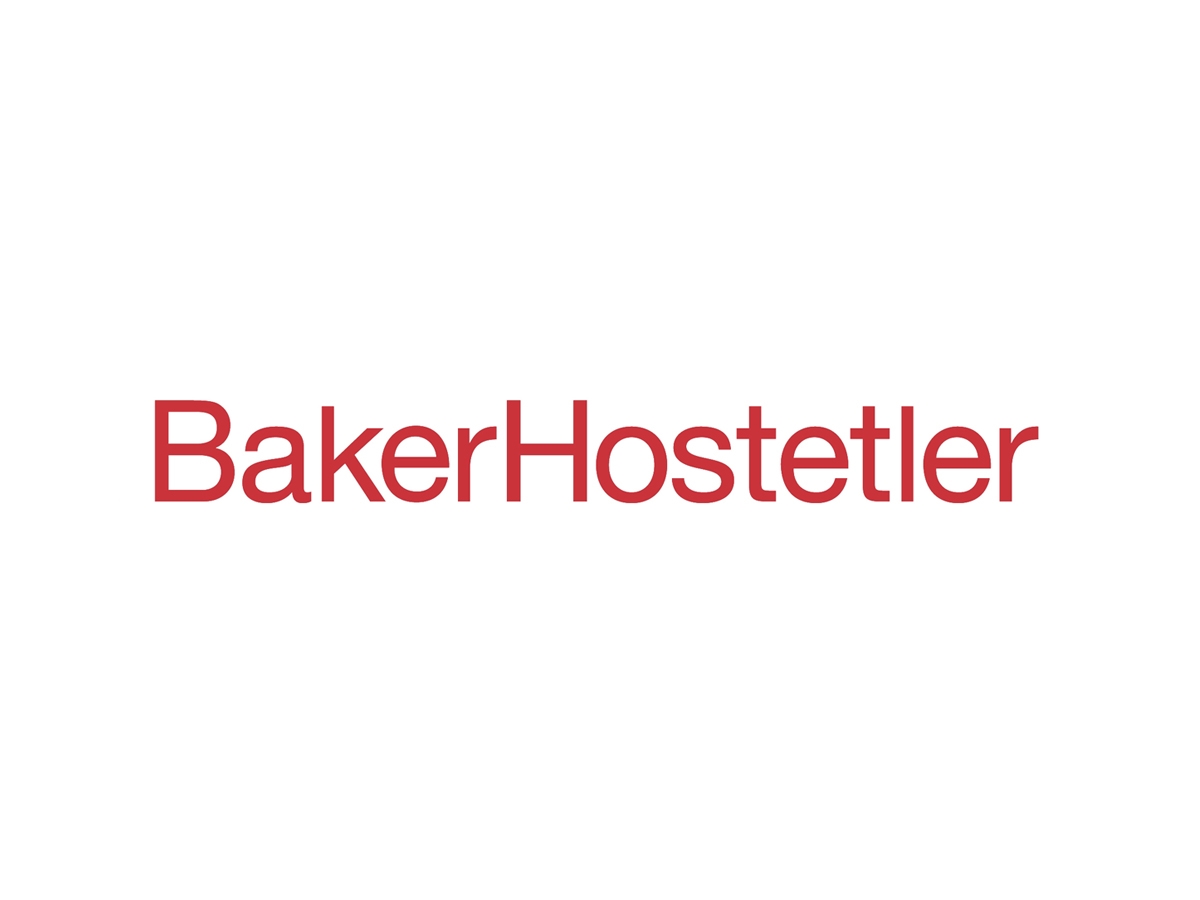USPTO Proposes Rule to Relax Requirements for Practice Before PTAB
“The proposed rule would allow parties to proceed without separate backup counsel as long as the lead counsel is a registered practitioner; lead counsel could be a non-registered practitioner as long as there is one registered practitioner acting as counsel.”
The U.S. Patent and Trademark Office (USPTO) issued a Notice of Proposed Rulemaking (NPRM) today that would allow practitioners who are not registered with the USPTO patent bar to act as lead counsel in proceedings before the Patent Trial and Appeal Board (PTAB).
The NPRM comes after a Request for Comments (RFC) published in October 2022 in which the Office asked for input on whether it should expand the criteria to practice before the PTAB. The RFC specifically asked for responses to the following questions:
“(1) whether the USPTO should permit non-registered practitioners to appear as lead counsel in AIA proceedings, and if so, whether they should need to be accompanied by a registered practitioner as back-up counsel;
(2) whether the USPTO should establish a new procedure by which non-registered practitioners could be admitted to practice before the PTAB;
(3) what impact various proposals would have on the cost of representation; and
(4) whether any changes should be implemented initially as a pilot program.”
According to today’s NPRM, the Office received nine responses to the RFC and ultimately has decided to propose that practitioners must still be represented by a registered practitioner, but to allow parties to “designate a non-registered practitioner as lead counsel and the registered practitioner as back-up counsel.”
Presently, lead counsel at the PTAB must be a registered practitioner. Non-registered practitioners can be back-up counsel, but only “where the lead counsel is a registered practitioner,” and when “a motion to appear pro hac vice by counsel who is not a registered practitioner [is] granted upon showing that counsel is an experienced litigating attorney and has an established familiarity with the subject matter at issue in the proceeding.” Additionally, each represented party must designate both a lead counsel and at least one back-up counsel.
The NPRM would relax these requirements in a number of ways. First, the proposed rule would allow parties to proceed without separate backup counsel as long as the lead counsel is a registered practitioner. The proposal also provides that lead counsel could be a non-registered practitioner as long as there is one registered practitioner acting as counsel and would allow a previous recognition of pro hac vice status in an America Invents Act (AIA) to allow an individual to be considered a PTAB-recognized practitioner eligible “for automatic pro hac vice admission in subsequent proceedings via a simplified and expedited process that does not require payment of a fee.”
According to the NPRM, most of the comments recommended retaining the requirement that a registered practitioner be involved in PTAB proceedings and that non-registered practitioners meet “fitness-to-practice standards” but said it would be less costly if non-registered practitioners could avoid having to file separate pro hac vice motions in each case.
The rulemaking is part of the USPTO’s ongoing effort to expand access to practice before the Office and to reduce costs for individuals and smaller entities. “By expanding the admission criteria to practice before the PTAB, we are opening our doors to more participation in the innovation ecosystem, while not compromising our goal to ensure we issue and maintain robust and reliable intellectual property rights,” said USPTO Director Kathi Vidal.
Comments must be received by May 21, 2024, via the Federal eRulemaking Portal by entering docket number PTO-P-2023-0058.
Eileen McDermott
Eileen McDermott is the Editor-in-Chief of IPWatchdog.com. Eileen is a veteran IP and legal journalist, and no stranger to the intellectual property world, having held editorial and managerial positions at […see more]



-600_0.png)



